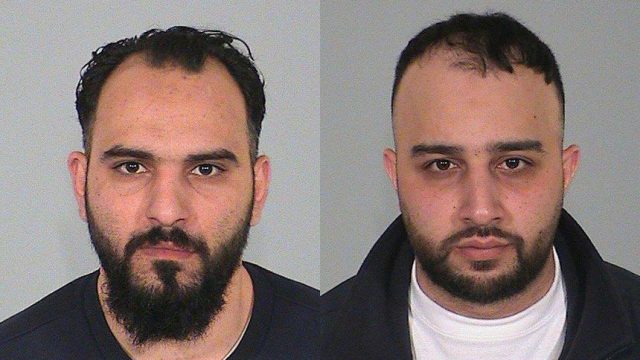This Is What North Dakota Is Avoiding by Keeping Tobacco Taxes Low

Mohammad Abdul Majid
A ballot initiative to implement a massive tax hike on tobacco products in North Dakota failed miserably last year. Nearly 62 percent of voters cast their ballots against it.
It’s a good thing, too, because there are problems attendant to high tobacco taxes which we should want to avoid. Case in point, Minnesota’s struggles with cigarette bootlegging.
The state, which as been ramping up enforcement in this area recently, just convicted two men for smuggling across state lines the largest load of illegal tobaccos officials there have ever seen.
Minnesota, I should point out, has one of the highest cigarette excise taxes in the country according to the Tax Foundation:
The point of hiking taxes on cigarettes isn’t revenue so much as prohibition. The idea is to make tobacco products too expensive for people to use. But like with most prohibitionist policies, the result is a black market which inevitably gets served by people who care very little for obeying the law.
Put another way, high taxes on tobacco create profit opportunities for criminals who, in turn, create new headaches for cops and strains for law enforcement resources.
If you’re inclined to argue that these expenses might be worth in exchange for the benefits of decreased tobacco use, it might be worth considering that the connection between smoking rates and tax policy is pretty tenuous.
“There is a general consensus among policymakers that raising tobacco taxes reduces cigarette consumption,” a 2012 paper from the National Bureau of Economic Research states. “However, evidence that tobacco taxes reduce adult smoking is relatively sparse.”
“Estimates indicate that, for adults, the association between cigarette taxes and either smoking participation or smoking intensity is negative, small and not usually statistically significant,” it continues.
A 2011 study from Concordia University found similar limitations in prohibition-by-tax policies.
I don’t think there’s any question that higher taxes on tobacco can deter some tobacco use. But the decreases in tobacco use probably aren’t as large as you think, and while even higher taxes might lead to further deterrence you have to remember that every additional penny in taxation creates more financial incentive for bootleggers. Which, in turn, means more problems for law enforcement.
Remember, too, that we’re talking about a product which is still perfectly legal for adults to purchase and use. It hasn’t been banned, which makes this push to tax the product out of existence all the more dubious.
I’m not a smoker. I don’t like smoking. I’d like to see people choose to refrain from tobacco use.
The operative word being “choose.” I think we create more problems than we solve by trying to force behaviors on people. Alcohol prohibition didn’t fix our nation’s alcohol problems, but it did create a boom in business for organized crime. Tobacco prohibition, though different in both scope and implementation, is doing the same.
North Dakota dodged a bullet by shooting down a proposal to raise tobacco taxes. Let’s hope other states like Minnesota come to their senses too.





